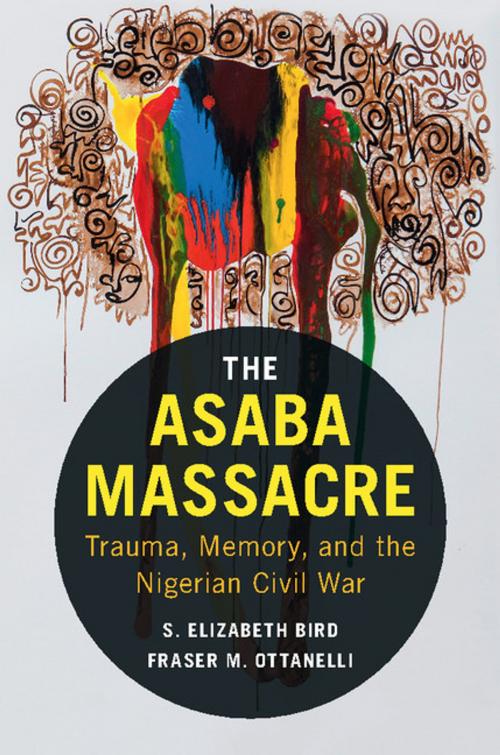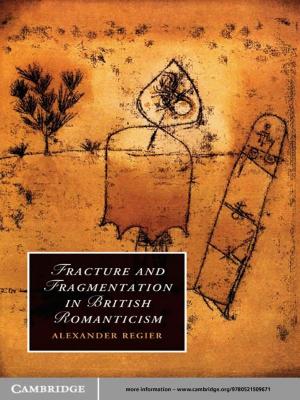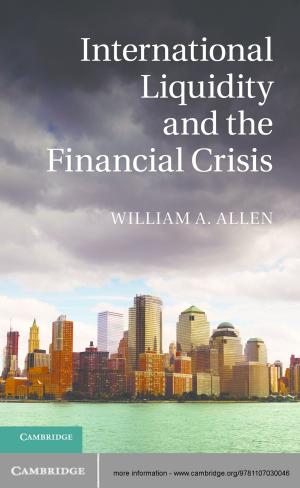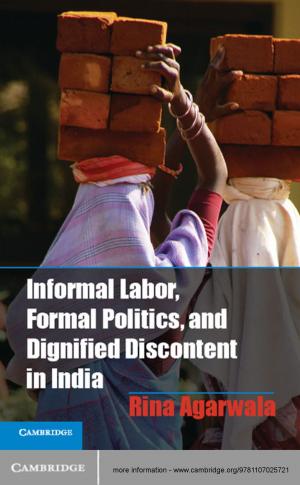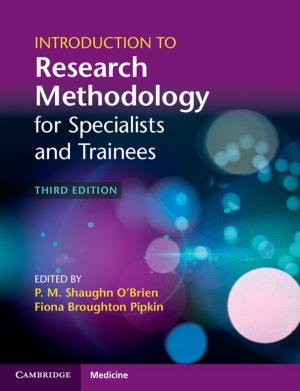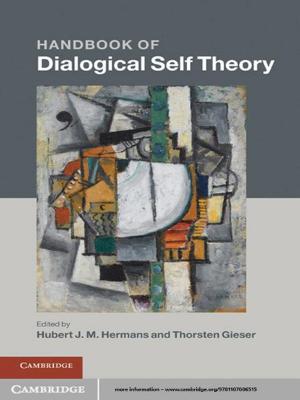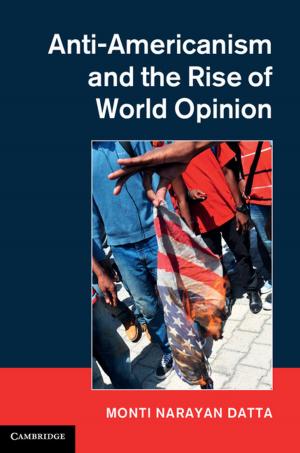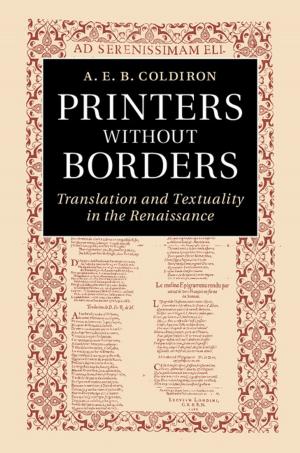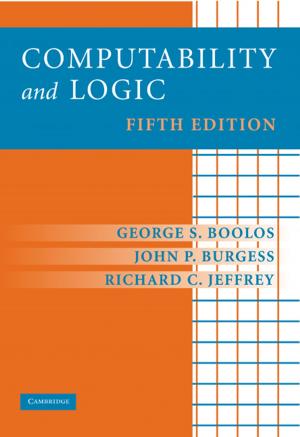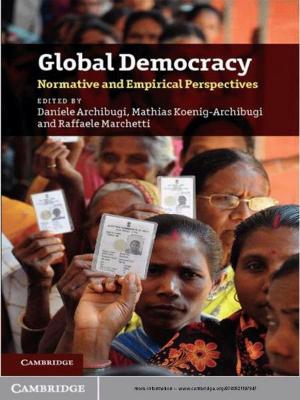The Asaba Massacre
Trauma, Memory, and the Nigerian Civil War
Nonfiction, History, Africa, Social & Cultural Studies, Political Science| Author: | S. Elizabeth Bird, Fraser M. Ottanelli | ISBN: | 9781108506489 |
| Publisher: | Cambridge University Press | Publication: | July 31, 2017 |
| Imprint: | Cambridge University Press | Language: | English |
| Author: | S. Elizabeth Bird, Fraser M. Ottanelli |
| ISBN: | 9781108506489 |
| Publisher: | Cambridge University Press |
| Publication: | July 31, 2017 |
| Imprint: | Cambridge University Press |
| Language: | English |
In October 1967, early in the Nigerian Civil War, government troops entered Asaba in pursuit of the retreating Biafran army, slaughtering thousands of civilians and leaving the town in ruins. News of the atrocity was suppressed by the Nigerian government, with the complicity of Britain, and its significance in the subsequent progress of that conflict was misunderstood. Drawing on archival sources on both sides of the Atlantic and interviews with survivors of the killing, pillaging and rape, as well as with high-ranking Nigerian military and political leaders, S. Elizabeth Bird and Fraser M. Ottanelli offer an interdisciplinary reconstruction of the history of the Asaba Massacre, redefining it as a pivotal point in the history of the war. Through this, they also explore the long afterlife of trauma, the reconstruction of memory and how it intersects with justice, and the task of reconciliation in a nation where a legacy of ethnic suspicion continues to reverberate.
In October 1967, early in the Nigerian Civil War, government troops entered Asaba in pursuit of the retreating Biafran army, slaughtering thousands of civilians and leaving the town in ruins. News of the atrocity was suppressed by the Nigerian government, with the complicity of Britain, and its significance in the subsequent progress of that conflict was misunderstood. Drawing on archival sources on both sides of the Atlantic and interviews with survivors of the killing, pillaging and rape, as well as with high-ranking Nigerian military and political leaders, S. Elizabeth Bird and Fraser M. Ottanelli offer an interdisciplinary reconstruction of the history of the Asaba Massacre, redefining it as a pivotal point in the history of the war. Through this, they also explore the long afterlife of trauma, the reconstruction of memory and how it intersects with justice, and the task of reconciliation in a nation where a legacy of ethnic suspicion continues to reverberate.
